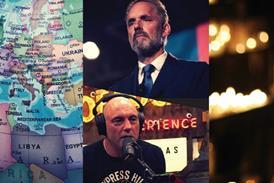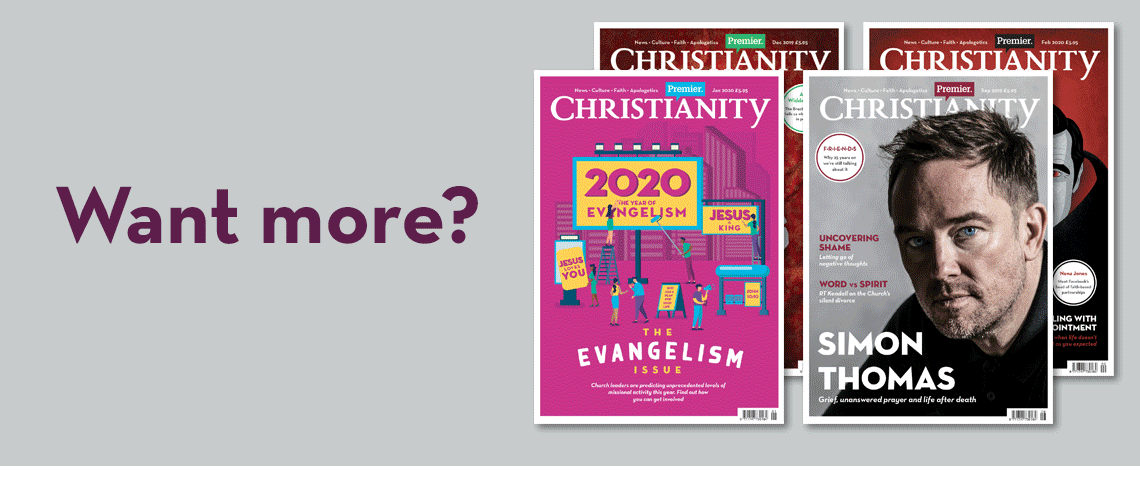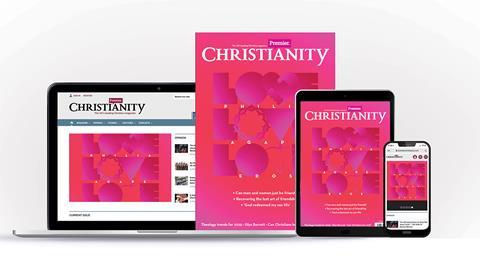
We’re living in an unprecedented time of connectivity, with the world’s events literally at our fingertips. Across our newspapers and social media feeds we’re faced with corruption in politics; the impact of climate change on nations; and conflicts that teeter on war.
But in the midst of a world that feels in crisis, according to a new poll commissioned by Premier Christian news, Christians are less likely to pray than those from other faith groups. Just 38 per cent of Christians polled were likely to pray regularly, compared to 52 per cent of other faith groups.
The concept and root of prayer is simple: a conversation with God, our creator, who knows what we need before we ask (Matthew 6:8). Our world is complicated – both for individuals on a personal level and for communities. Perhaps the reason that we Christians are less likely to pray is because we simply don’t know how to start to bring our worries, fears and doubts before God. And even if we do, the real question in our hearts is often this: will it really make a difference?
Reassuringly, the Bible showcases honest conversation with God; from Psalms of lament that contain real pain (Psalm 22) to the reality of the prophet Jeremiah exclaiming that God had deceived him (Jeremiah 20:7). But prayer, so often, is presented as an eloquent, written, pre-prepared speech, which means it’s no wonder that so many of us are worried about how to do it!
There’s also often a preconception that prayer has to be done in a certain way - with our eyes closed, or in a quiet place; with the right number of people. For many, church prayer meetings, or prayers of intercession evoke negative emotions contrary to the personal relationship that prayer was created to be. Prayer at its heart, is sharing our hearts, as honestly as we can; as regularly as possible.
Coming before God isn’t always the problem. It’s the impact we perceive our prayers will have that really poses the challenge. When faced with huge, complicated world events, it’s easy to believe that our prayers alone can’t change anything.
Pete Greig in his latest book How to Pray (Hodder & Stoughton), says the opposite: “Imagine how shocked you would be if the president or prime minister called to say that your name had been selected at random from a list of the entire electorate to spend a day sharing your insights on a range of issues with his executive in the interests of greater democracy. I’m pretty sure you’d find the time to go. In fact, you’d probably cancel anything to attend. It might be one of the greatest honours of your life.
“As a Christian, you have already received an even greater invitation. The King of kings requests your presence ‘at the very seat of government’. He offers you a permanent place on his executive so that you can influence his actions on behalf of nations. It is an unspeakable honour, yet we are often too busy, too disbelieving or too insecure to accept the greatest invitation of our lives.”
Prayer isn’t an optional extra for Christians; nor does it exist simply as a nice way for us to feel connected to God. It is a powerful tool for transforming situations; a partnership with the King of kings. We have a responsibility to pray yet, as the research from Premier Christian news shows, Christians often ignore or sideline its significance.
As the early twentieth-century Scottish Baptist Oswald Chambers famously said: “Prayer does not fit us for the greater works; prayer is the greater work”. With so many situations in our world requiring the supernatural power of God’s transformation, we Christians need to begin by closing our eyes, before we use our hands.
Joanna Callender works for 24-7 Prayer
Premier Christianity is committed to publishing a variety of opinion pieces from across the UK Church. The views expressed on our blog do not necessarily represent those of the publisher





























